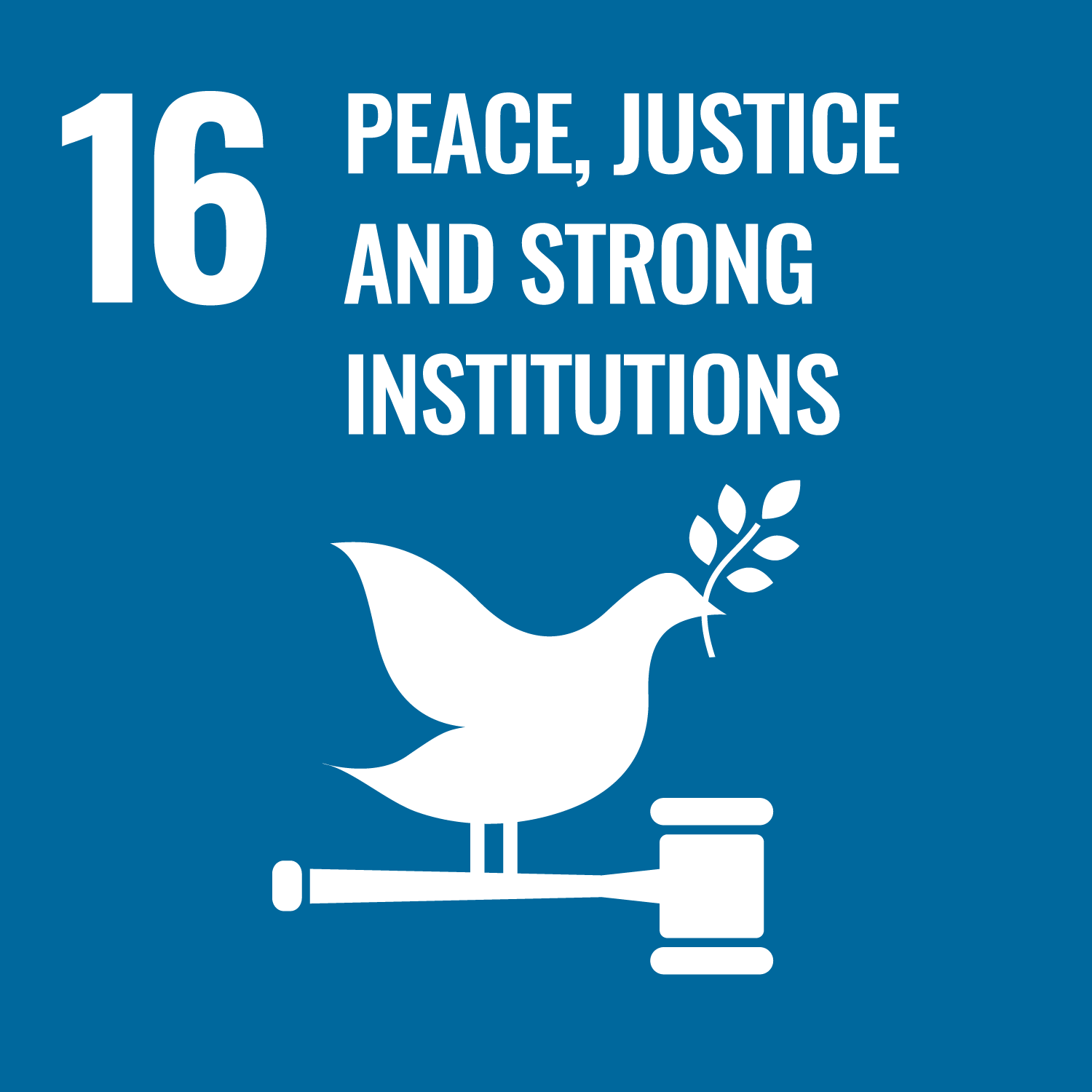This report details the harm that hijras experienced following the Government of Bangladesh’s official recognition of hijra as a third gender category in 2014. This recognition was much lauded by international press and institutions but, unfortunately, the Government did not develop or implement guidelines or policies around this recognition.
In practice, according to Human Rights Watch, this meant that hijras–people assigned male at birth but who identify as women and prefer to be recognised as hijra–experienced increased discrimination and harassment following this announcement. For instance, following a Government-issued memorandum, hijras applying for government jobs were forced to undergo dehumanising and purposefully humiliating medical examinations.
This article highlights the danger of policy change without guidelines and protection mechanisms.








